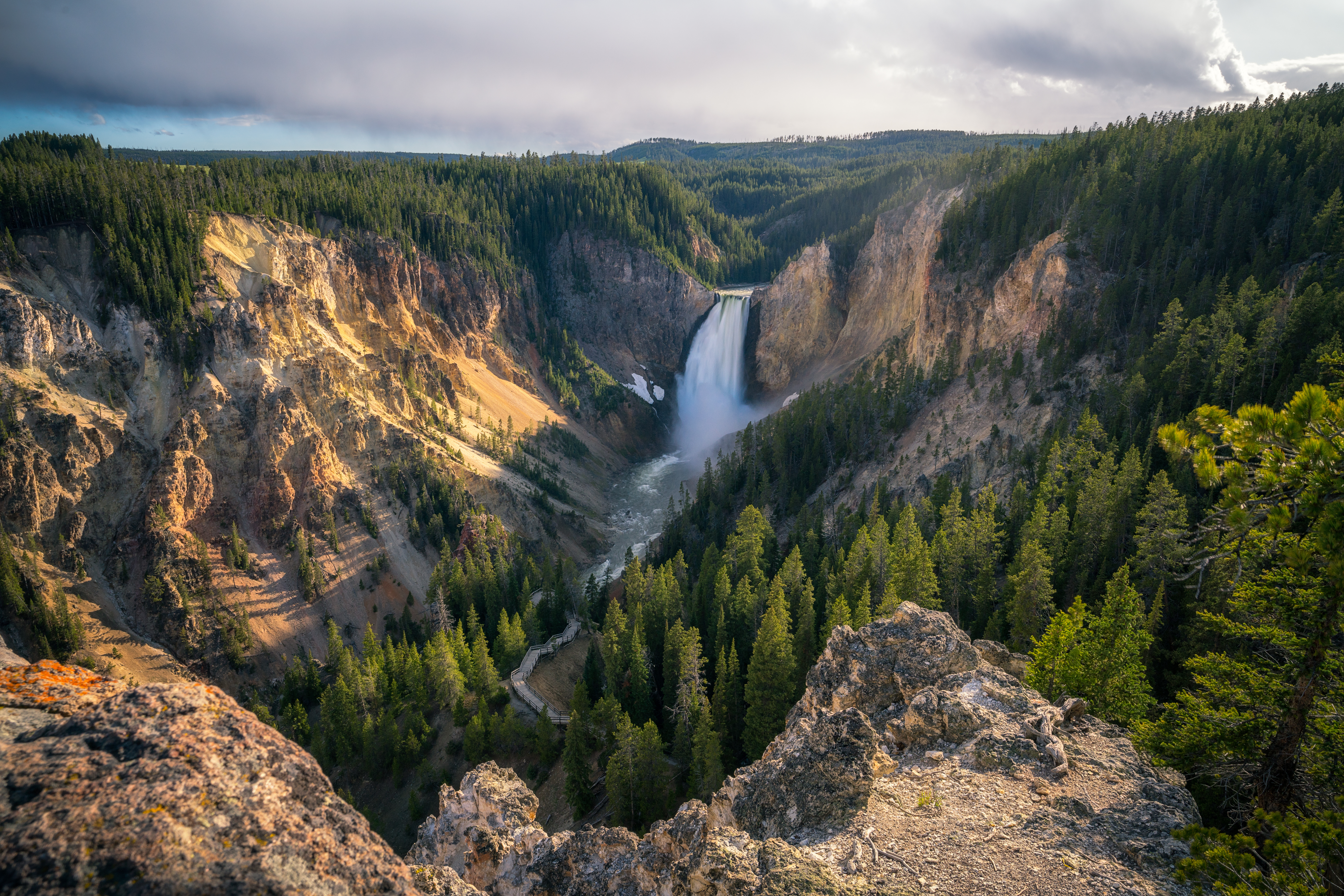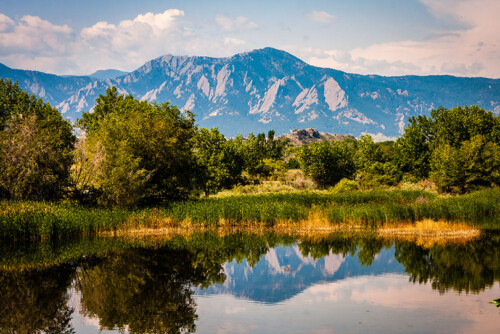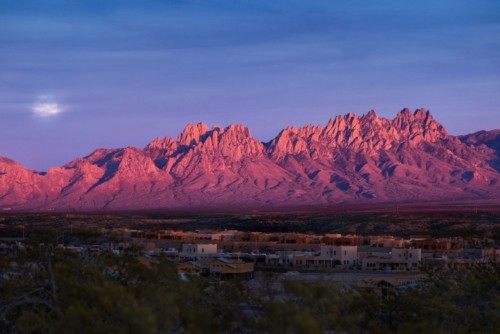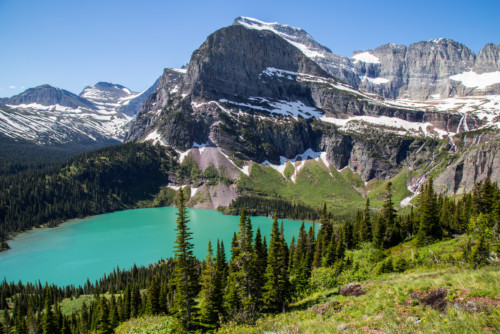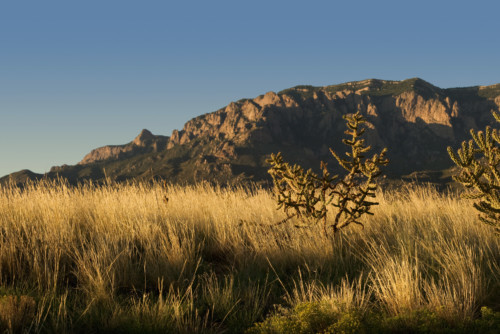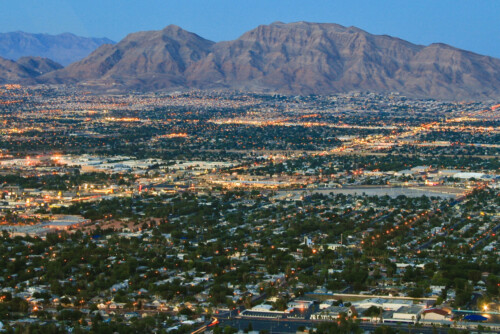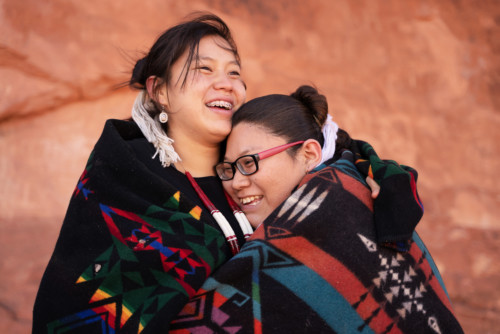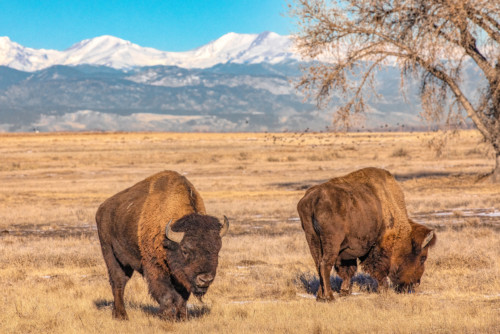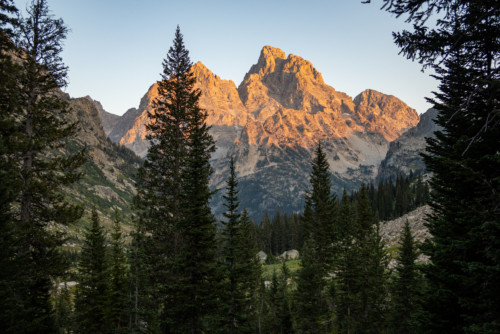While the transition to the new year is often a time of reflection and resolution, Valentine’s Day calls for something bolder and riskier — expressions of love, commitment, and appreciation. As we enter 2023, we do so with deep gratitude for the partners, donors, staff, and board members who make the work of WRA possible. We profess a genuine love for this place we call home — majestic and breathtaking, with unparalleled landscapes, wild rivers, captivating wildlife, and diverse people with rich histories and cultures.
At WRA, the West is our passion, and there is no doubt that climate change and its impacts are the biggest environmental threat we have faced during our 30+ year history. Fortunately, that history has also taught us valuable lessons — the most important of which is that smart, science-based action taken by states can be a powerful driver of change, significantly reducing carbon emissions and creating sustainable protections for rivers and lands in the face of climate change.
WRA has more than three decades of experience driving just such action to effectively address complex conservation problems. By integrating climate science and effective conservation measures into state policies and plans, and ensuring their implementation to achieve measurable outcomes, we can and have made a meaningful and timely impact for this place we love. We know the most substantive progress on climate change and its effects has happened at the state level. In fact, WRA has secured reductions of 76 million tons of greenhouse emissions in the last five years, and we know even more progress is ahead.
This issue of Field Notes is about how WRA is recentering all of our efforts, everything we do, to fight climate change. We see our communities and biodiversity hurting and know that we have to act with boldness and urgency to turn the tide. WRA’s work on the ground where decisions get made catalyzes state policy and action, leading the West toward a carbon-free energy future.
This year, WRA is launching a new three-year strategic plan, one that has our deep love of the West at its core. We are committed to using our unique expertise and deep understanding of the region toward achieving three critical goals:
Decarbonize electricity production and electrify other sectors of the economy to reduce greenhouse gas emissions by 120 million tons.
Ensure states use 25% less water and protect the Colorado River and other key rivers.
Protect 30% of Western lands in each major ecoregion and ensure commitments are in place to achieve 50% protection by 2050.
This plan recognizes the scale of the problems we face, leverages what we have learned, and refocuses all our resources to address climate change and environmental injustice. It responds aggressively, effectively, and with urgency and focus — giving us the best chance of protecting the West and the planet. You’ll learn more about the impact we aim to achieve in the coming months, and we will invite you to find meaningful ways to engage. We have set ambitious goals that we know we can meet, but we cannot do it alone.
We’ve already begun to take extraordinary steps to realize these bold goals. In late 2022, our sister organization sold its office building in Boulder to reinvest those funds in WRA for this critical three-year period. We launched a new visual brand identity and website in early 2023 to demonstrate our commitment. Our new site simplifies and streamlines the way we inform and engage people, knowing that fighting climate change and protecting land and water will take record levels of engagement and fundraising.
Long before many understood the implications of carbon emissions, WRA was driving a regional transition to clean energy. While we are proud and grateful for what we have accomplished, we face unprecedented challenges, many directly connected to the climate crisis. Our love for the West and commitment to our mission dictate that we act even more boldly.
WRA has over 70 staff working across seven states in the Interior West; while some have been in the region for generations, others are new arrivals. We are all rooted in and have love for our communities, recreate on the lands we work to protect, and see firsthand the consequences of climate change.
We hear stories of family farms struggling to survive because of water scarcity, neighborhoods and people disproportionately impacted by pollution, and Indigenous people continuing to fight for what is rightly theirs. We experience moments of peace and joy gliding through fresh snow in a quiet forest, casting in our favorite fishing spot, or biking a challenging trail with incredible views. These stories and moments give our work deeper meaning — we know that our work touches people’s lives as well as the land and waters we love. We also know it’s about ensuring that future generations are able to have similar experiences because we have been willing to do what’s hard and have taken the actions needed to leave a legacy of a healthy, thriving West.
I hope you feel WRA’s love for the West in everything we do — because we’re not leaving this work to chance. We thank the individuals who shared the reasons they love our region in this issue and invite you to do the same. We extend our best wishes for a healthy 2023 and sincere gratitude for your continued connection to WRA.

